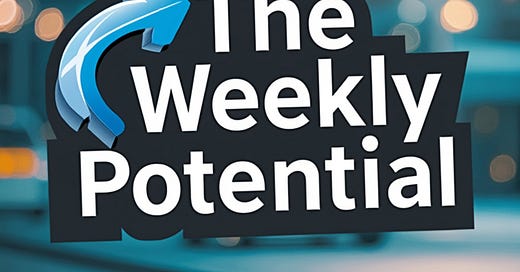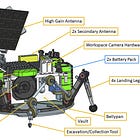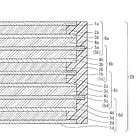The Weekly Potential #15
This week in the energy and materials industries: liquefied gas electrolytes, CES 2025 battery announcements, Chinese export restrictions, Volkswagen data leaks, AI-enabled batteries, ...
Welcome to the 15th edition of The Weekly Potential, a newsletter providing you insights into the energy and materials industries. This week we are touching upon liquefied gas electrolytes, CES 2025 battery announcements, Chinese export restrictions, Volkswagen data leaks, AI-enabled batteries, and more.
Let's dive in! 🔋
Lithium Horizons is a reader-supported publication. For deeper insights, including in-depth analysis, the latest developments, and expert insights into the energy and materials industries, subscribe below.
Industry Developments
South 8 Technologies has been awarded a $1.6 million contract by the U.S. Army Combat Capabilities Development Command C5ISR Center to prototype advanced lithium-ion battery packs for military use in extreme climates. The project involves South 8 leading a team to develop the BB-2590 battery pack, using their proprietary LiGas® liquefied gas electrolyte technology to ensure high performance in both cold and hot environments. This initiative aims to provide standardized, reliable power solutions for military applications, enhancing operational capabilities in diverse field conditions.
The Taiwanese company ProLogium, a leader in solid-state battery technology, recently introduced its fourth-generation lithium ceramic battery system at CES 2025. This new system features a fully inorganic electrolyte, significantly enhancing energy density to 380 Wh/kg or 860-900 Wh/L, and reduces charging time to an impressive six minutes for 80% capacity.
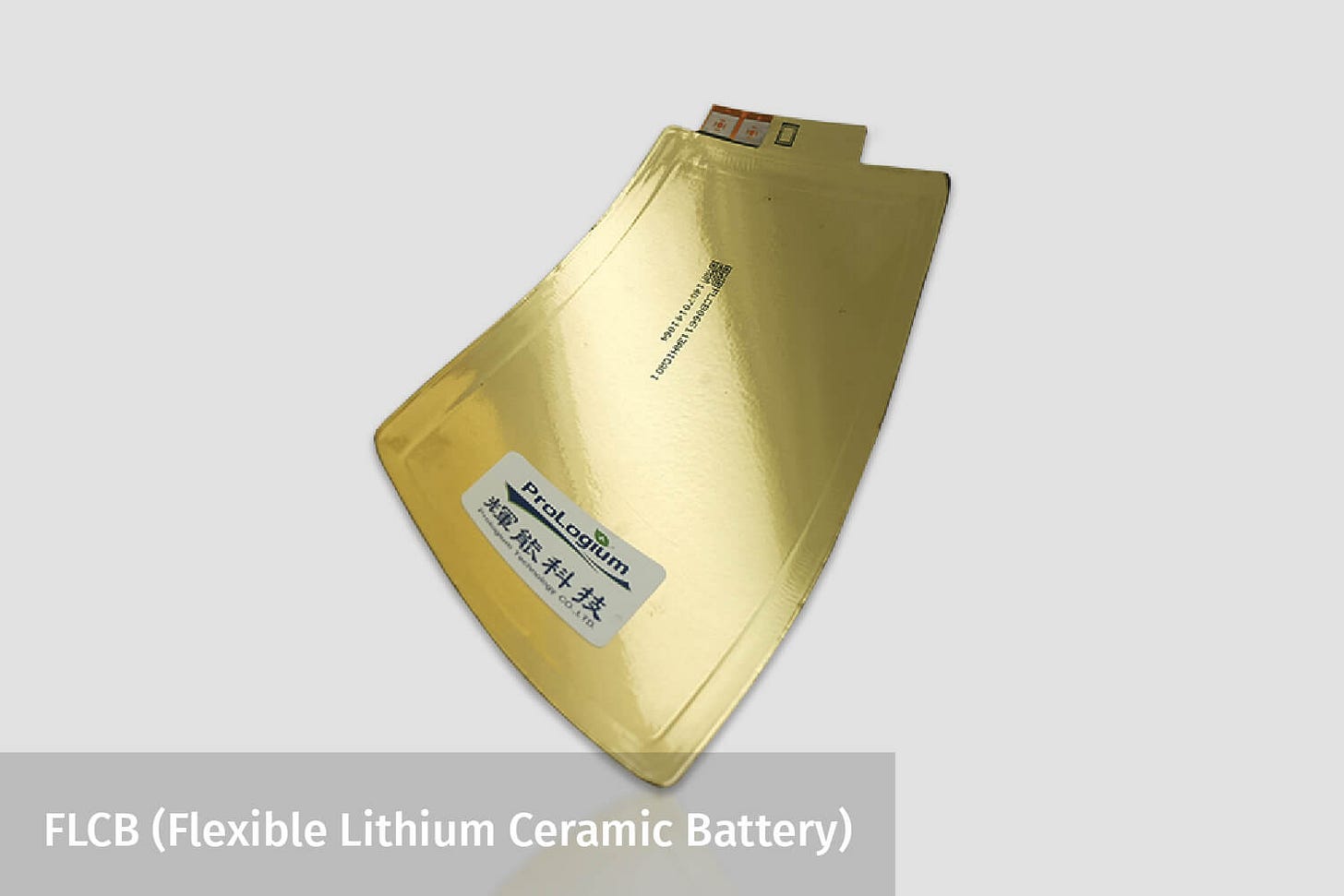
ProLogium’s flexible lithium ceramic battery. source: ProLogium Northvolt, the Swedish battery maker, has successfully voted against liquidation and will proceed with its restructuring efforts. This decision came after shareholders, including major companies like Volkswagen and Goldman Sachs, opted to continue operations during the company's Chapter 11 bankruptcy process in the U.S. The restructuring aims to stabilize Northvolt's finances, allowing it to continue production and transformation amidst previous financial strains, with a goal to complete the process by the first quarter of 2025.
Volkswagen has encountered a severe data protection crisis where the location data of 800,000 electric vehicles along with owners' contact information was left unprotected and accessible online. This breach, which went unnoticed by the company for months, was attributed to a misconfiguration in the systems of VW's software subsidiary, Cariad. The data, stored on an Amazon cloud server, included precise GPS coordinates and personal details, potentially allowing anyone to track the movements and identify owners, highlighting significant privacy and security vulnerabilities within the company.
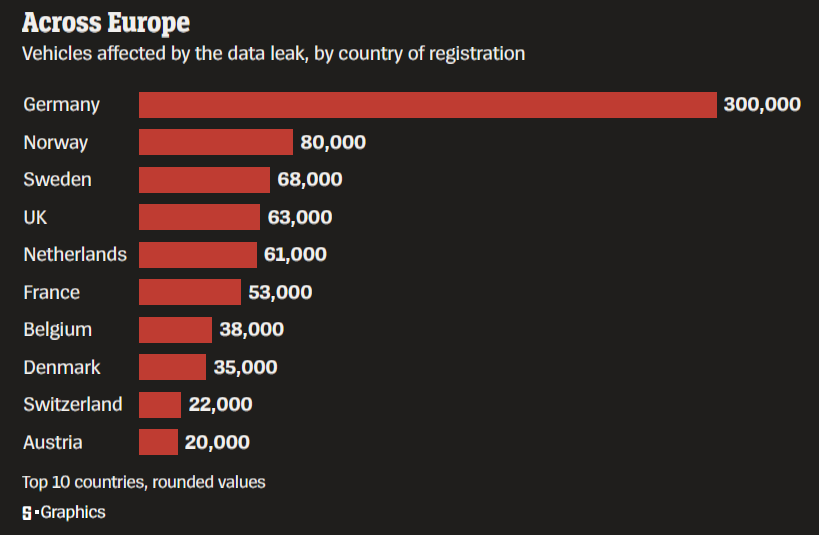
Vehicles affected by the leak. Source: Spiegel The U.S. Department of Energy has announced a $28.7 million investment to bolster the resilience of Florida's electrical grid against extreme weather events by deploying a utility-scale Battery Energy Storage System (BESS) in Tallahassee. This initiative, supported by the Grid Resilience and Innovation Partnerships Program, will provide backup power to critical community services including nursing homes and community centers, aiming to save municipal utility customers approximately $160,000 annually in fuel costs while enhancing grid reliability and resilience.
China's Ministry of Commerce has proposed new export restrictions on technologies used for making battery components and processing critical minerals like lithium and gallium. Specifically, technologies considered under this ban are lithium iron phosphate (LFP) and lithium iron manganese phosphate (LMFP) manufacturing, direct lithium extraction, spodumene processing into lithium hydroxide (LiOH) and lithium carbonate (Li2CO3). This move aims to strengthen China's control over these vital materials, which are essential for electric vehicle batteries and other high-tech applications. The proposal, which is open for public comment until February 1, follows a series of export controls and comes amid escalating trade tensions with countries like the United States.
BatX Energies Pvt Ltd has inaugurated its Critical Minerals Extraction recycling facility in Uttar Pradesh, India, focusing on the recycling of lithium-ion batteries. This facility uses a hydrometallurgical process to extract critical materials like lithium, cobalt, nickel, and manganese. The plant is designed to operate with zero emissions and zero waste.
Researchers have developed a triple-layer solid polymer lithium battery that is resistant to fire and explosion. This battery architecture, developed at Daegu Gyeongbuk Institute of Science and Technology, South Korea, uses a middle layer of non-flammable polymer electrolyte sandwiched between two layers of traditional solid polymer, enhancing safety by preventing dendrite formation and thermal runaway. This innovation could significantly improve the safety profile of lithium batteries used in electric vehicles and portable electronics.
SES AI Corporation recently unveiled its latest innovation, an AI-enhanced 2170 cylindrical cell, specifically designed for humanoid robotics and drone applications at CES 2025. This new battery cell incorporates an electrolyte material discovered through SES AI's ambitious Molecular Universe project, showcasing the company's commitment to advancing battery technology through artificial intelligence.
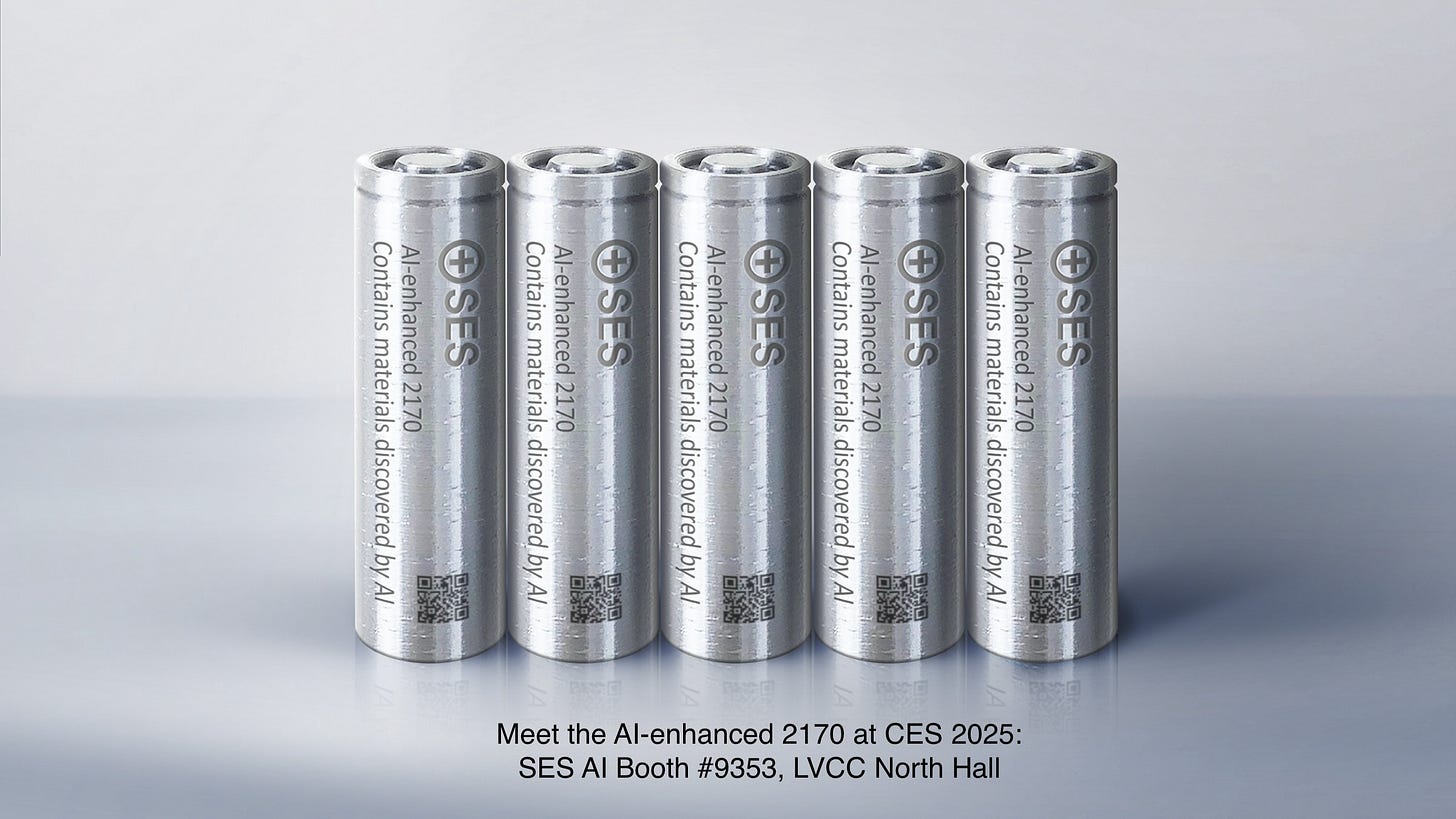
SES’ AI-enabled 2170 cell. Source: BusinessWire The Lucid Gravity Grand Touring, a highly anticipated electric SUV, will be powered by Panasonic Energy's cutting-edge lithium-ion EV battery cells. These batteries offer an EPA-estimated range of up to 450 miles, achieved with a battery pack that is up to 40% smaller than those of its competitors, thanks to the high energy density of over 800Wh/L from Panasonic's latest 2170 cylindrical cells.
Paper of the Week
EUROBAT has released its "Batteries Innovation Roadmap 2035" focusing on the advancements in battery technologies and proposing a roadmap, prioritizing R&D in areas like energy density, safety, cost, and sustainability automotive, industrial, and portable energy applications. The document emphasizes the impact of EU regulations, promoting collaboration across the battery value chain, and projecting future development.
On the Go
The folks at Redefining Energy laid out their predictions for 2025. They predict a difficult year ahead for hydrogen, geopolitical shifts affecting supply chains,and record solar and BESS installations, among others.
Read More
Thank you for reading. If you found the post interesting, consider sharing it with your network and subscribing. Such actions help spread the knowledge and support Lithium Horizons.

